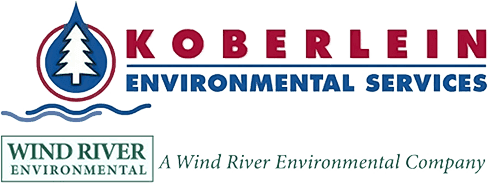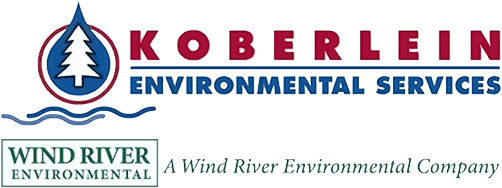
Winter brings us ice fishing, skiing, and warm nights by the fire. But cold weather can also play havoc with your septic system, freezing the water in your wastewater lines and causing your system to back-up as if the line is clogged or crushed.
You can take several simple but important steps to reduce the possibility of frozen lines.
First, make sure that you do not have leaky water fixtures in your home. Replace all washers and seals as necessary to avoid any drips or leaks. If you don’t, a dripping faucet or shower head, or a leaking toilet, slowly flow water into a waste pipe. As a result of this low flow, cold weather will freeze the water in your line into a solid block of ice.
Second, if your waste pipes are exposed to the air, such as the wastewater system in many trailers, be sure to either heat tape your waste pipe or wrap it in insulation. But be careful, do not both heat tape and wrap the pipe in insulation unless the manufacturers of the heat tape and insulation allow for that type of usage of their products.
Failure to follow the proper usage guidelines for heat tape and insulation on a wastewater pipe may expose you to the risk of electrical failure and fire.
Finally, whenever installing new wastewater pipe, be sure to follow local codes. Installation of a pipe to the proper depth, and properly backfilled to prevent a “belly” in the line where water can collect and freeze, are two of the most effective ways to prevent a recurring frozen line problem.
If you still have frozen pipes, despite your best efforts to follow these suggestions, contact us.
Every winter, Koberlein’s experienced technicians regularly operate high pressure and high temperature jetters capable of thawing frozen lines, even on the coldest of days. Call or e-mail us so that we can get your wastewater system back on line. And so that you can get back to the ice fishing, skiing and the warm night by the fire.


